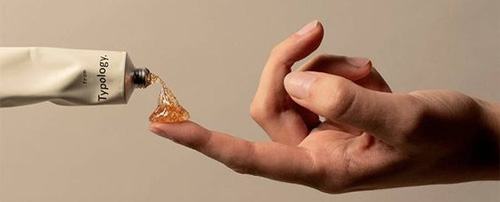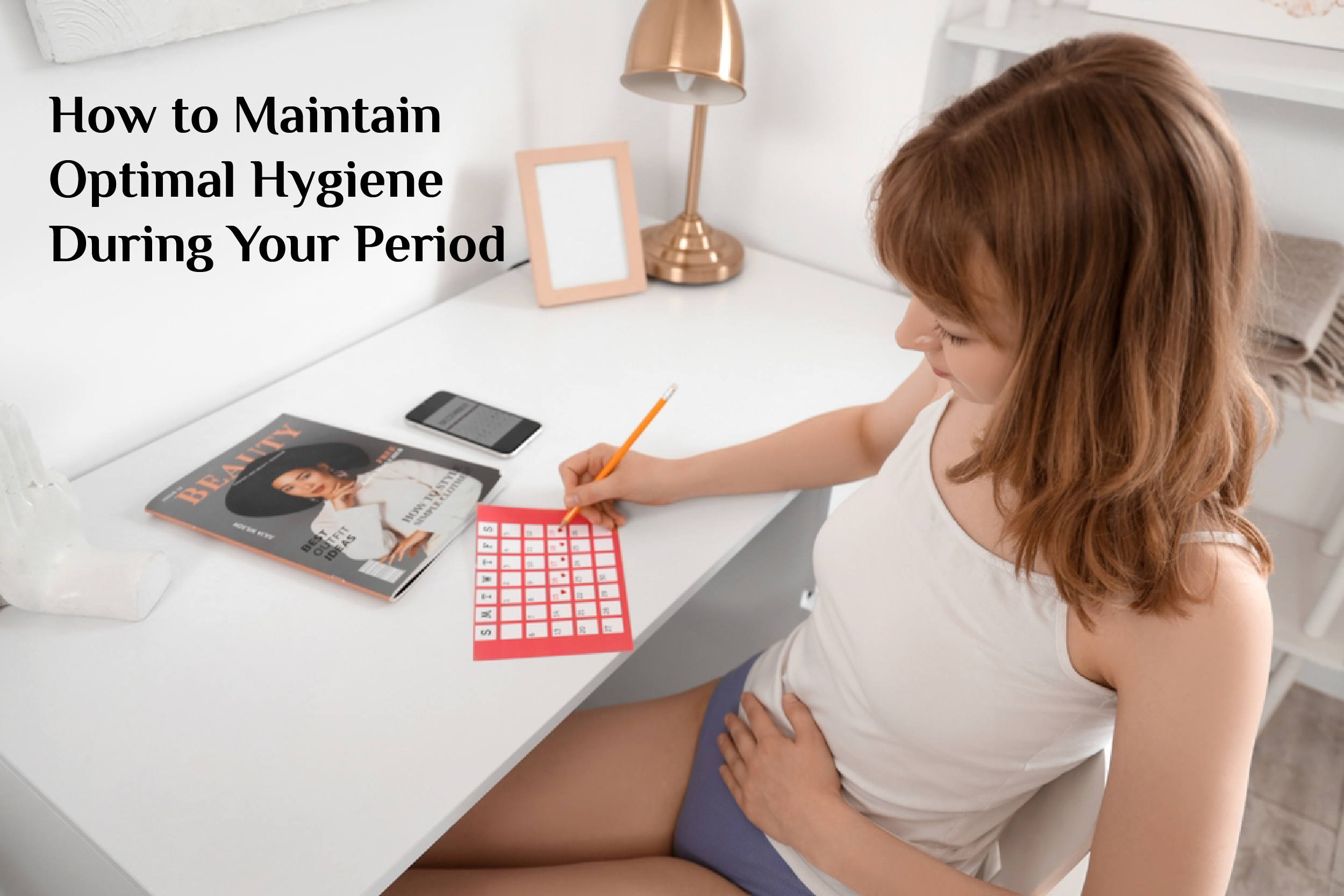Maintaining proper menstrual hygiene is crucial and can help prevent infections and other health issues. Using sanitary pads and keeping the genital area clean is vital for maintaining good menstrual hygiene. Poor hygiene practices during menstruation can lead to discomfort such as itching or rashes in the perineal area, unpleasant odors, and in severe cases, complications like pelvic inflammatory disease or toxic shock syndrome. Inadequate menstrual hygiene can lead to significant health risks, including reproductive and urinary tract infections, potentially causing infertility and complications during childbirth. Failing to wash hands after changing menstrual products can also spread infections like hepatitis B and thrush.
Maintaining optimal hygiene during your period is essential for comfort and to prevent infections. Here are some tips to help you manage:
1. Change Sanitary Products Regularly
- Tampons: Change every 4-6 hours.
- Pads: Change every 4-8 hours depending on flow.
- Menstrual cups: Empty and clean every 8-12 hours.
- Regular change prevents bacterial growth and odors.
2. Properly Clean Your Genital Area
- Wash with warm water and a mild, unscented soap or intimate wash. Avoid harsh soaps or douches, which can disrupt the natural pH balance.
- Clean the area from front to back to prevent the spreading bacteria.
3. Wear Comfortable, Breathable Underwear
- Opt for cotton underwear to allow air circulation and reduce moisture, which helps prevent bacterial growth.
- Avoid tight clothing that can cause discomfort or trap moisture.
4. Dispose of Sanitary Products Properly
- Wrap used pads or tampons in tissue or the wrapper it came in before disposing of them in a bin.
- Never flush sanitary products down the toilet as they can cause blockages.
5. Shower Daily
- Regular showers will help you feel fresh and reduce the risk of infection. If possible, take an additional shower on heavy-flow days.
6. Hand Hygiene
- Always wash your hands before and after changing sanitary products to avoid transferring bacteria.
7. Change Period Products After Exercise
- Sweat mixed with menstrual blood can irritate. After working out, change your pad, tampon, or cup and rinse the area if possible.
8. Stay Hydrated
- Drinking plenty of water helps maintain overall hygiene and well-being during your period.
Many women use combinations like two pads or a tampon with a pad to enhance blood absorption. While this may increase absorption, it can also make it harder to notice when the products are saturated. This poses a significant menstrual hygiene risk, potentially leading to rashes and infections. It’s better to use just one pad or tampon at a time, allowing you to monitor when it’s full and change it promptly. Use Senzicare Menstrual Cup, Period Panty Or Sanitary Napkin for your Happy Periods. Also, You can wash it with Senzicare PH Balanced Intimate wash before or after a period.


